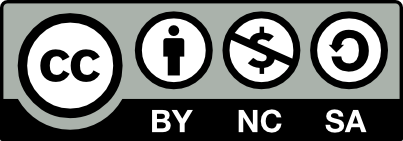TESL-VR project –
Phase 1
A VR training tool for student teachers. They practice interviews with a Supervisor Avatar to prepare for their real-life internship evaluation.
LITL worked with colleagues in these initial partner universities to validate and inform our work, as well as to formulate a consultancy/ideation network of invested collaborators.

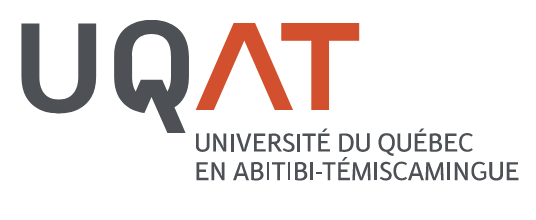
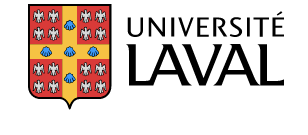
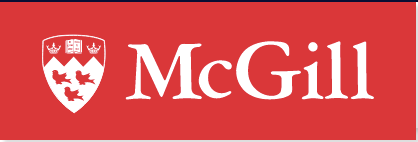
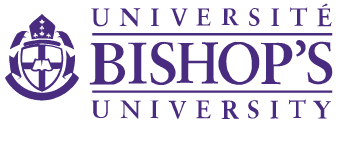

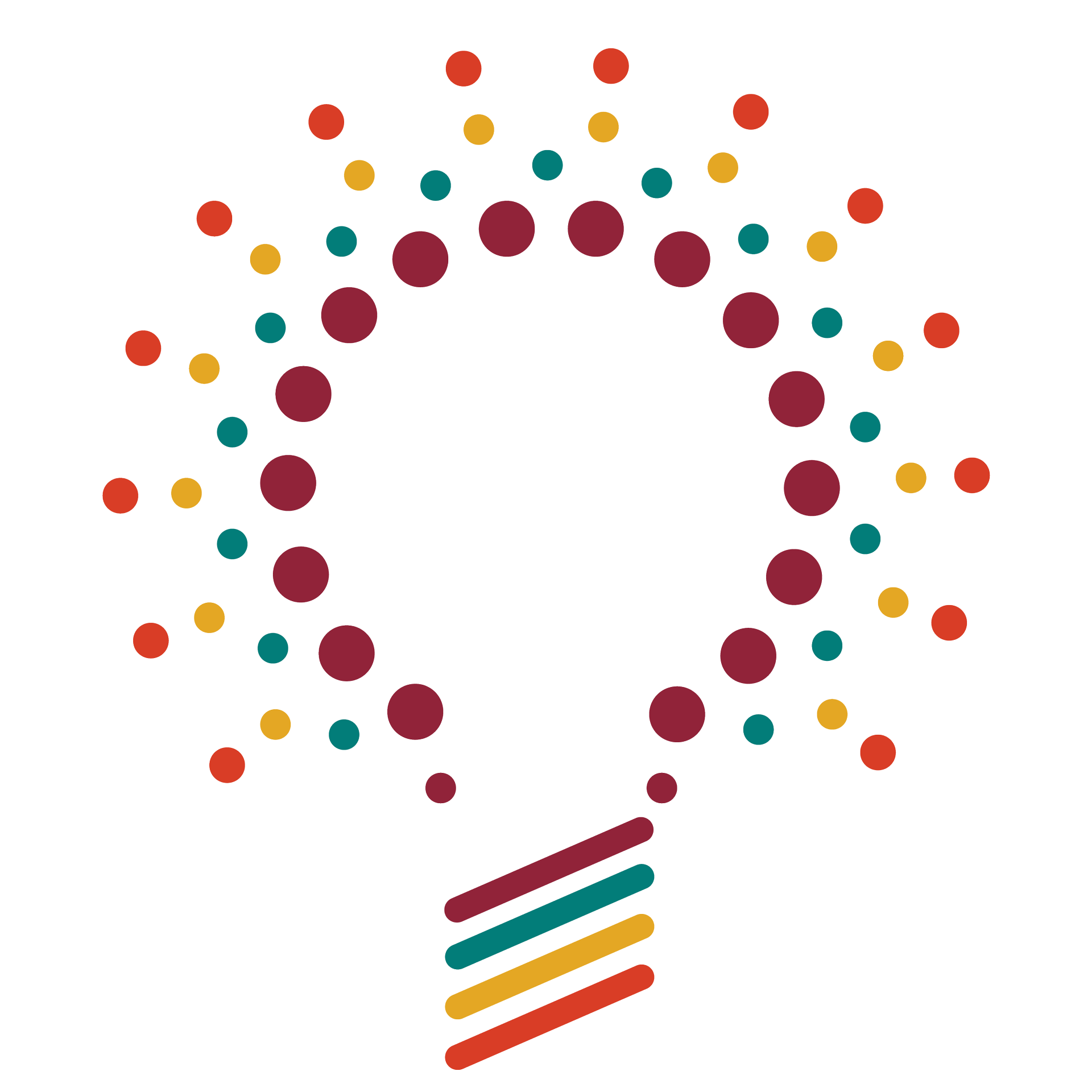 TESL Resource Centre
TESL Resource Centre
Results and impact
6
initial partner universities and expanding
1st
prototype under evaluation
Enthusiastic
reactions
Project scope
This project started as the brainchild of Teresa Hernandez-Gonzalez, the director of the TESL education program. She approached the lab wanting to leverage VR affordances to increase student teachers’ sense of self-efficacy. There are several high-stakes, make-or-break moments in the path of a student teachers’ journey, which compromise effective learning and reflective processes. One of the most stressful situations in a teacher education program is the meeting with their supervisor to evaluate the student teacher’s performance. We decided to replicate this experience as the first proof of concept minimum viable product (MVP) VR experience to spearhead an ambitious project towards creating VR simulators for student teachers.
We recruited a key collaborator, Shehrazade Bakarally, an instructional and learning design consultant and began to flesh out the experience and translate it into a script, as Teresa envisioned for this first VR experience.
We partnered with the wonderful team at Knowledge One, lead by Julieta Galan and Ping Ng to assist in the production of the VR experience.
The VR experience, named “Let’s Try This Again” (LTTA), enables reiterative deliberate practice cycles. In it, the student teachers answer multiple choice options during an interview with a digital avatar depicting a university supervisor. Student teachers practice the interaction with the supervisor and reflect on the type of verbiage that constitutes the most appropriate response to each of the series of questions while always having the possibility to “Let’s Try This Again” (LTTA).
Project lifecycle
Phase 1 of this project was initiated in May 2021 and is currently being tested in multiple partner universities.
Key players and people
Teresa Hernandez-Gonzalez, PhD, Concordia University Faculty Champion, Subject Matter Expert (SME) and lead researcher
Remi Arora, Concordia University researcher/Project Manager
- Shehrazade Bakarally, Learning/Instructional Design consultant and co-researcher
- Vincent Da Costa
- Ariella Pardo (ongoing)
- Veronika Karny (ongoing)
- Sarah Ercoli (2021-2022)
- Lea Ehret (2021-2022)
- Christophe Beaulieu (2022)
- Julieta Galan
- Ping Ng

Outcomes
- Hernandez-Gonzalez, Teresa, Bakarally, Shehrazade, Luna Barahona, Marco Antonio and Arora, Remi “Let’s Try This Again” Immersive Experiences for Teacher Education. Article submitted for review: Journal of Faculty Development Extended Reality Special Issue.
Planned Publication date May 2024.
- Hernandez-Gonzalez, Teresa; Bakarally, Shehrazade; Arora, Remi; Pardo, Ariella and Karny, Veronika “Let’s Try This Again” Immersive Experiences for Teacher Education. Conference showcase/Demo, SPEAQ, Laval, QC, November 2023.
- Hernandez-Gonzalez, Teresa, Bakarally, Shehrazade and Arora, Remi. “Let’s Try This Again” Virtual Reality Scenarios for Teacher Education. Conference Presentation, SALTISE, Montreal, QC, June 2022.
- Cassidy, Robert, Kapoor, Nikitasha and Arora, Remi. “From 'what works' to moonshots in Universities” Conducting radical experiments in teaching and learning with faculty and industry partners. Virtual conference presentation, SXSW-EDU Online, Austin, Texas, March 11, 2021.
Testimonial
I wish they had this when I was going through the program.
Support
This project was made possible thanks to funding from LITL, the FUSION Network, the Office of the Vice-Provost Innovation in Teaching and Learning of Concordia and the Ministère de l’éducation supérieure du Québec as part of its Projets Inédits program.
N.B.: This project was created under a Creative Commons mandate and is planned to be made available far beyond our current initial Quebec provincial reach, as we eventually tap into the FUSION: Future Skills Innovation Network for Universities and promote it via international publications and presentations.

